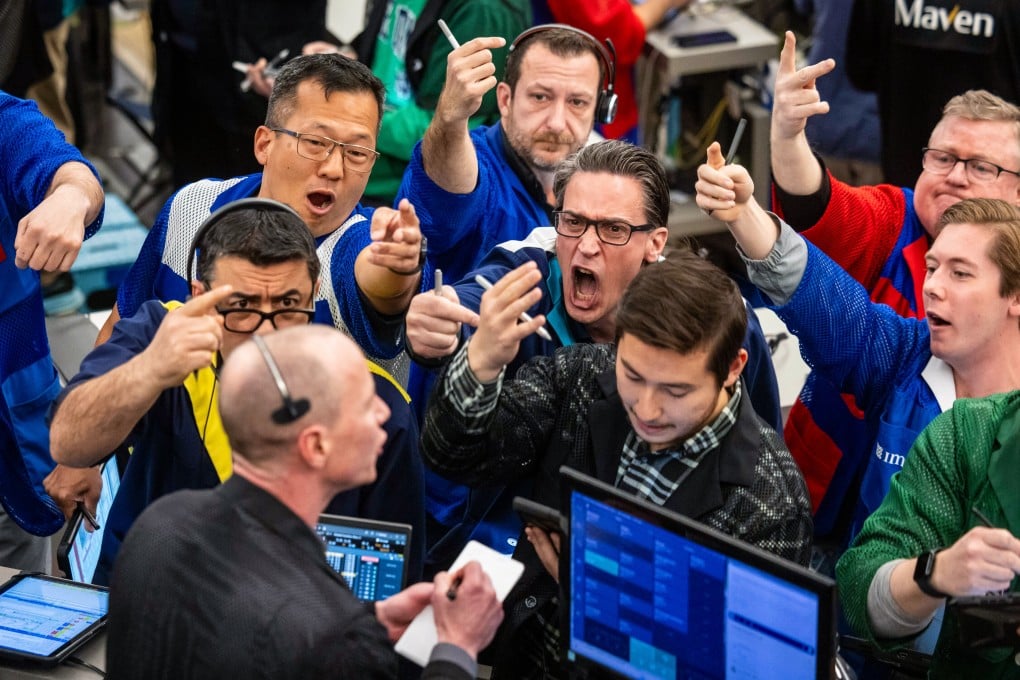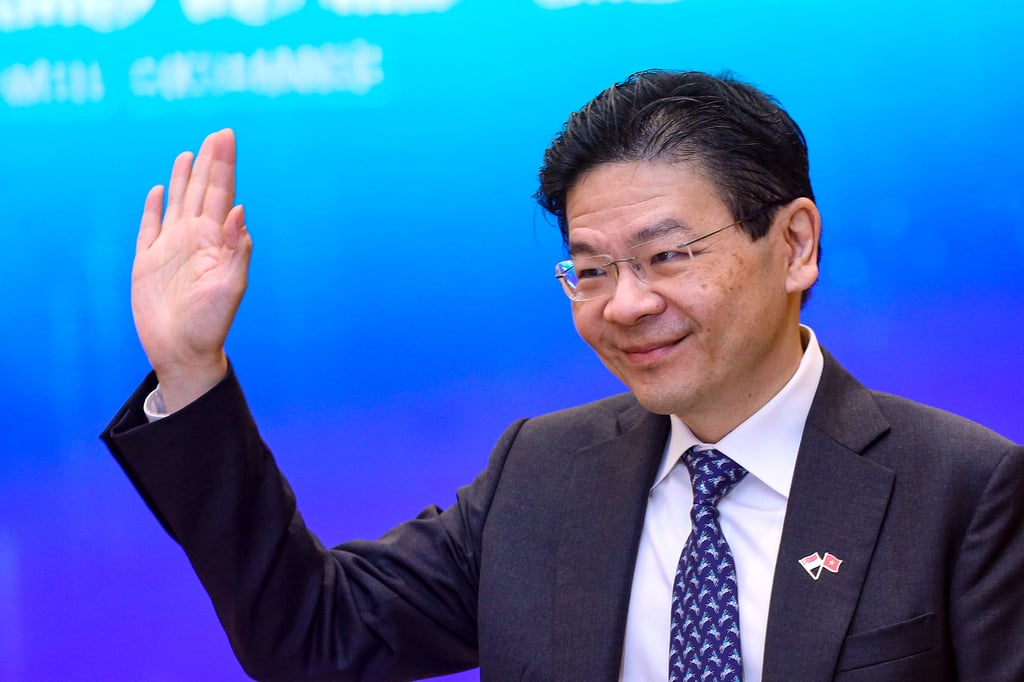Opinion | As Trump’s tariffs roil world markets, will a new global trade order bypass the US dollar?
Amid fears of full-blown trade war and demise of rules-based globalisation, Beijing signals it will resist economic coercion and guard free-trade system

In a rare video posted on his social media account last Friday, Singaporean Prime Minister Lawrence Wong warned that the world was entering an era which was “more arbitrary, protectionist and dangerous” following the “seismic change” of the world order brought by US President Donald Trump’s tariffs.
The remarks, five minutes long, were made two days after the US leader announced sweeping tariffs on all of its trading partners that ranged from 10 to 50 per cent, sparking a global sell-off of shares and fears of a full-blown trade war.
Wong warned that the era of rules-based globalisation was over and small countries like Singapore might take a hard hit if other nations also abandoned the World Trade Organization (WTO) and traded on their preferred terms, country by country.

In a position paper released on Saturday, Beijing said its retaliation – including 34 per cent tariffs on American imports and further restrictions on rare earth exports to the US – aimed to send a signal to the world that it would not back down.
It also called on nations to “jointly oppose all forms of unilateralism and protectionism” and “safeguard the international system with the United Nations at its core”.
The official statement suggested that Beijing wants to position itself as a champion of the resistance against Trump’s economic coercion, as well as a guardian of the world’s free-trade system.
As Wong noted, the seismic change had already happened. Even if the WTO was likely to remain as is, it would not be surprising if more countries imposed arbitrary tariffs on each other.

